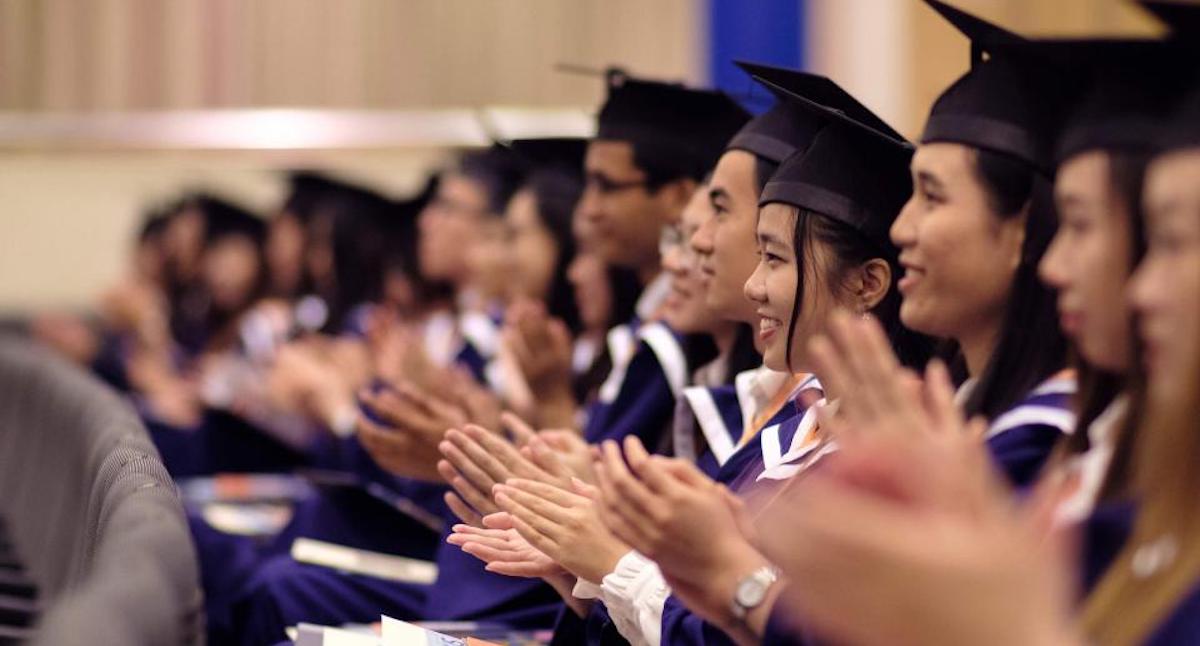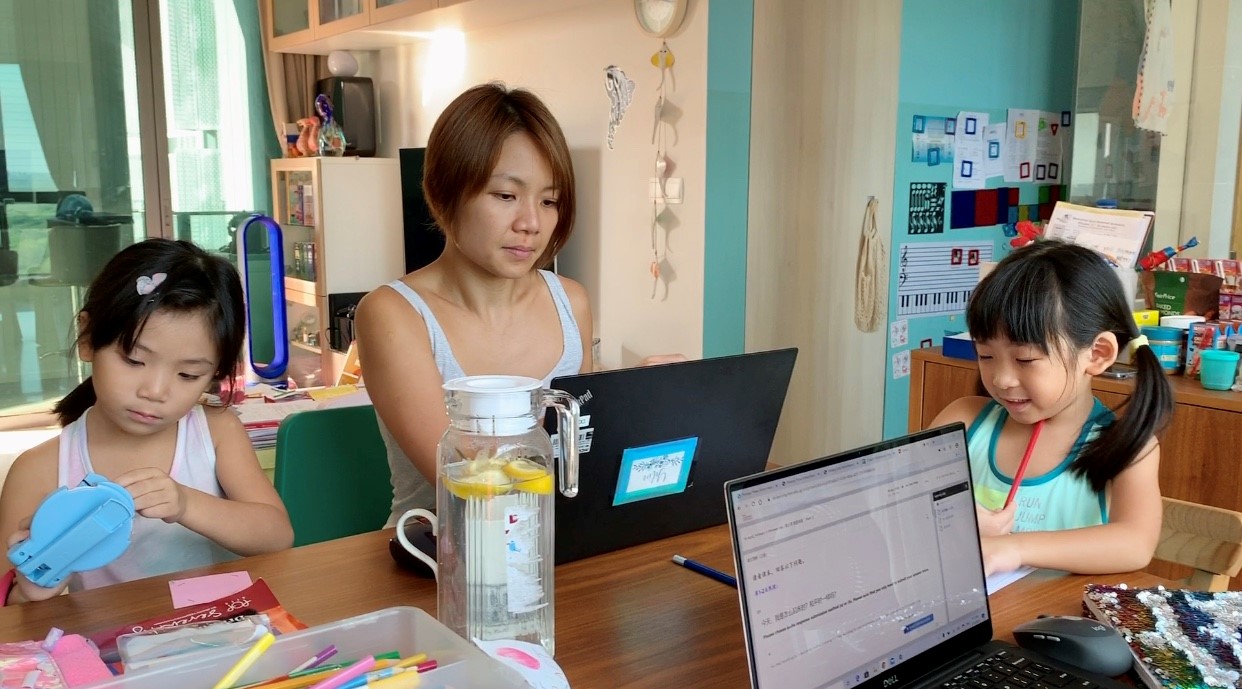Singapore’s unemployment rate is the highest it has ever been in 10 years.
According to data from the Ministry of Manpower (MOM), unemployment rose from 2.4 per cent in the first quarter to 2.9 per cent in the second quarter this year.
Of the total unemployment numbers, over 90,500 residents were registered as unemployed, of whom 79,600 were Singaporean citizens.
Companies from Singapore’s national carrier Singapore Airlines to startups like GoBear have carried out retrenchment exercises to cut costs and keep their businesses afloat.
In other words, there is currently a lack of jobs on the market.
More recently, the Ministry of Manpower (MOM) has also raised the minimum salaries for hiring foreigners on work passes.
The baseline salary for newly hired Employment Pass holders was raised from 1 September to S$4,500, from the initial S$3,900, while the qualifying salary for new S Pass holders will be increased from S$2,400 to S$2,500 from 1 October.
This has led to a slew of problems for international fresh graduates in Singapore, shining a light on the issue of job security and bond breaking for this group of individuals.
Obligated To Work In Singapore, But There Are No Jobs Available

Foreign students in Singapore who received a Tuition Grant from the Ministry of Education (MOE) have to serve a three-year bond in a Singaporean firm after graduation.
The Tuition Grant Scheme was introduced by the Government in 1980 to help subsidise the cost of tertiary education for students enrolled in full-time diploma or undergraduate courses.
However, as even local fresh graduates struggle to secure full-time jobs, foreign graduates are facing a mounting problem.
Unlike scholarships, the Tuition Grant Scheme does not guarantee its recipients a job in the civil service.
The graduates are expected to secure employment on their own after graduation, and have to do so within a year.
However, due to the Covid-19 pandemic and depressed job market, many have spent months on a fruitless search for jobs.
Now, these foreign graduates worry about having to pay back the liquidated damage.
Liquidated damages are calculated based on the total grant amount the student received, plus a 10 per cent interest each year, compounded at the end of each academic year.
The final amount can range from S$80,000 to more than S$100,000.
Furthermore, many are finding that their savings are being quickly depleted after having to account for daily living expenses and rent, without having any stream of income.
MOE ‘Actively Monitoring’ The Situation

According to The Straits Times, MOE said that international students should approach their universities for help, should they have problems fulfilling their bond requirements.
The MOE is cognisant that international students have to fulfill their tuition grant obligations, and we work with the institutes of higher learning and other public agencies to help facilitate their application for the necessary work pass arrangements while keeping to the Fair Consideration Framework.
– A spokesman from the Ministry of Education in an interview with The Straits Times
The Ministry also declined to reveal the number of foreign students under the scheme currently.
It is also unclear what will happen to the students should they be unable to find a job after repeated attempts.
Traditionally, if international graduates are unable to find employment after a year, they are required to inform MOE and provide evidence of their job search.
A 24-year-old graduate from the National University of Singapore who only wanted to be known as Sarah, told Vulcan Post that she had been sending out job applications since May, a month before graduation.
By now, she has already submitted close to a hundred applications, without a favourable response.
Furthermore, the SGUnited Traineeship Programme for fresh graduates states that trainees have to be Singaporean Citizens or Permanent Residents.
Many employers have converted their entry-level jobs to traineeships, which closes another window of opportunity for foreign students.
Since the government co-funds 80 per cent of a local trainee’s allowance, this makes it even less likely for employers to hire a foreign student.
The science graduate said she is becoming “more desperate” each day, and her other international friends feel the same way too.
Even though she has begun taking up freelance work to make ends meet and stretch her dollars, she is worried about what the outcome would be if she is unable to find a job within a year.
However, she also understands that the situation she is in is unprecedented, and that the pandemic has made jobs even harder to come by.
“Of course, none of us could have predicted that this would be the economic situation four years back when I began university in Singapore. Right now all I can do is continue to apply for jobs,” she said.
A Rise In Anti-Foreigner Sentiments In Singapore
Sarah also shared that she understands that some Singaporeans are resentful towards foreign students or talent like herself.
The Straits Times spoke to 10 foreign students, most of which denied to be named for fear of creating more anti-foreigner sentiments.
In the same report, a Vietnamese architecture graduate shared that she “has heard some of her Singaporean friends blame foreigners when they do not get their first choice of job.”
Indeed, a quick scroll through the Facebook comments on TodayOnline’s article about the topic reveals a myriad of negative comments directed at foreign students.

Why Does Singapore Need Foreign Students Anyway?

Last year, the then Minister of Education Ong Ye Kung revealed that about S$108 million is spent on international students’ tuition grants each year.
However, this spending is not for naught, as foreign students do bring benefits to Singaporean students.
Diversity is important, especially with the highly globalised nature of Singapore.
When classes have a mix of both local and international students, Singaporean students are exposed to new insights and understandings of the world.
This is also exactly why throngs of Singaporean students head overseas for a semester of study whilst in university.
Luo Jiali and David Jamieson-Drake of Duke University conducted a study in 2013, which proved that students who had high levels of interaction with international counterparts “reported significantly higher levels of development”.
Furthermore, with countries being so connected, local students’ ties with international ones is likely to open doors to job opportunities and business connections abroad.
After their studies in Singapore, international students might also be more likely to invest or set up their businesses in Singapore, resulting in more jobs and greater economic growth on the whole.
In fact, the co-founders of some of Singapore’s highly funded and homegrown startups are born abroad.
Not A Zero-Sum Game
Ultimately, having international university students in Singapore is not a zero-sum game, and does not mean that locals do not get a shot at the same opportunities.
In 2019, then Minister of Education Ong Ye Kung said that no Singaporean student will ever be displaced from an institute of higher learning because of a foreign student.
If we send back all our international students, what we will lose are the opportunities for Singaporean students to build bonds and bridges with students from other countries, and expand their network of friends. This is an increasingly important aspect of education because we are working in a globalised, multicultural world.
– Then Education Minister Ong Ye Kung speaking in Parliament in 2019
Minister Ong also pointed out that the best universities around the world — Oxford, Yale and the likes — all have a diverse and international student body.
With Singapore’s prominent role in the global education network and the benefits that foreign students can bring to the island, it hardly means that Singaporeans are getting the short end of the stick.
Featured Image Credit: NUS Class of 2017, NUS News








